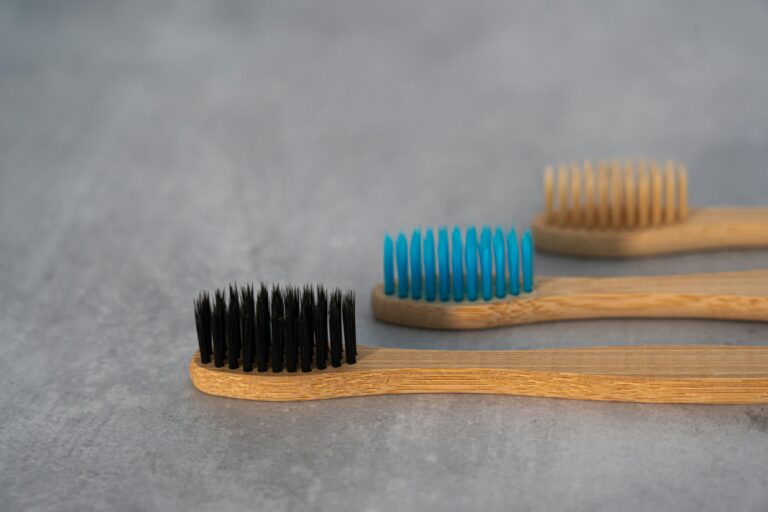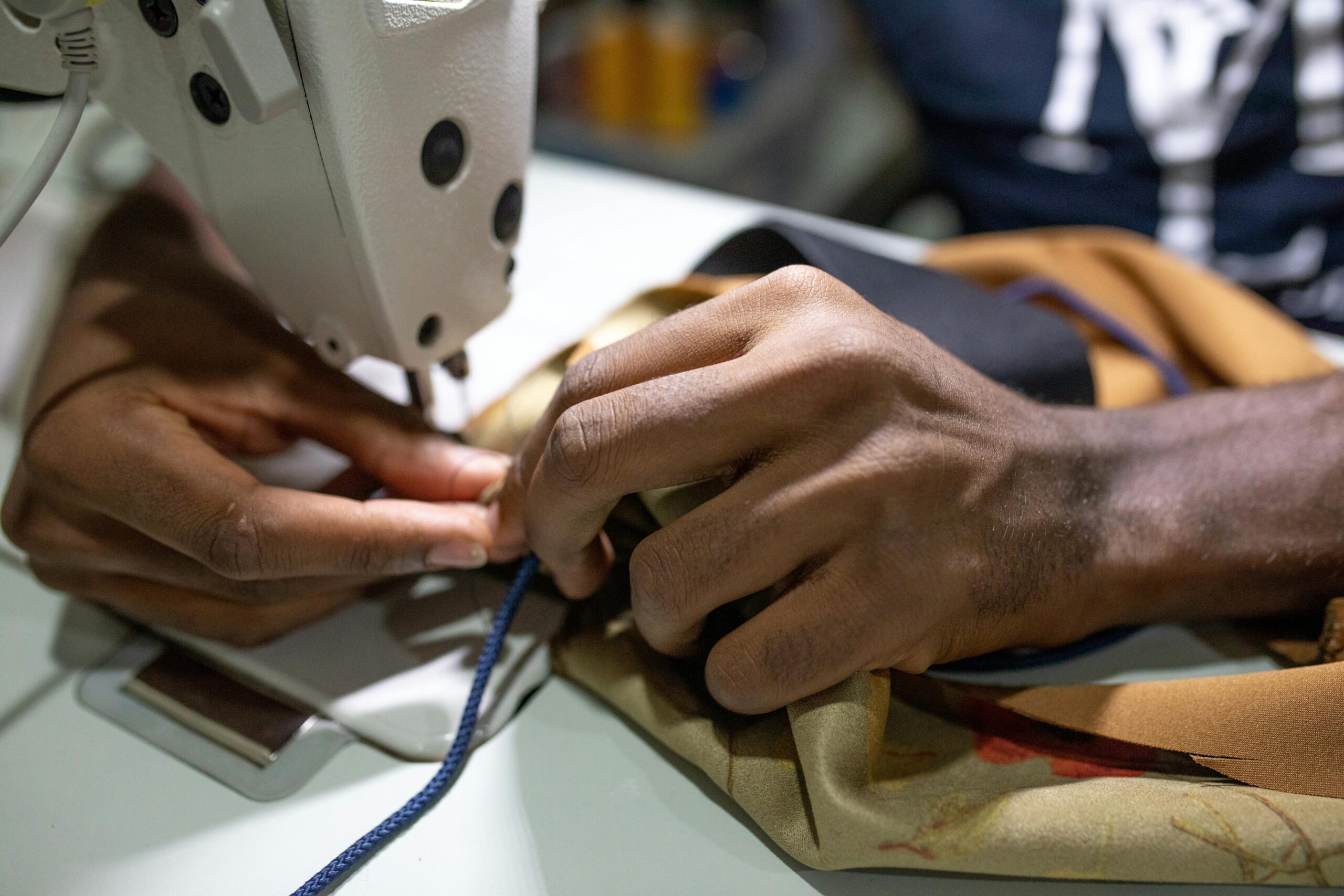Prison Industries: Toothbrushes, Textiles and Toilet covers.

In this revised blog, Jason Swettenham provides an insight into the range and volume of essential goods produced in prison workshops, and their important role in supporting safe and decent regimes, as well as providing transferable skills for employment on release.

Jason Swettenham
Head of Prison Industries, Catering, Retail and PE,
HMPPS
Three-hundred thousand toothbrushes, toilet seat innovations, and textiles that could stretch from London to Cairo.
You could be forgiven for not automatically thinking of HMPPS when you hear those statements, but this is exactly some of the work that is undertaken in prison workshops. Prison Industries HQ manages a wide range of workshops across all public sector prisons from land-based activity and laundries, to woodwork and engineering. We operate over 300 workshops that provide employment opportunities for more than 7000 people in prison.
Central to what we do is the provision of essential goods for the custodial market and the ability to meet the demands of prison establishments. We see our job as supporting prison governors to help them run safe and stable prisons by the production and delivery of kit, and the enablement of purposeful activity places to support prisoner outcomes. Our work areas give prisoners life skills, a sense of purpose, work experience and employability skills.
HMPPS – the largest UK textiles manufacturer
Prison Industries produces male and female clothing, towels, bedding, blankets, leather products, workwear, gym vests, and kitchen wear. The total amount of textiles used annually would be 2,200 miles long, enough to stretch from London and Cairo.

We have developed a partnership with the UK Fashion & Textiles Association to train instructors in a Production Sewing Machinist Programme. This initiative better prepares prisoners for employment and promotes fashion and textile career opportunities.
Toilet seat innovations
In response to need, Prison Industries have designed and produced a toilet cover for in-cell toilets where the usual seat and lid that most people are familiar with is not present. This solid and safe cover is a universal pop-on product, that fits most toilets in HMPPS and improves decency and living conditions for those in custody. A new bespoke toilet seat and lid for prisons is being developed which would further enhance cell decency.
Don’t forget your toothbrush
When it comes to toothbrushes, innovation and partnership working ensures prisoners’ oral hygiene is not forgotten about.
Toothbrushes were previously bought from outside of the UK, but the product provided didn’t support a strong or positive oral health message.
A partnership was launched with Public Health England, and a small workshop was opened at HMP Garth. This created an opportunity to provide higher quality toothbrushes that could be manufactured by people in prison using new state of the art machinery. This workshop is one of the small number of toothbrush manufacturers in the whole of the UK.
Studies show that people in prison are more likely to suffer from oral diseases. They have lower uptake levels of dental treatment, and have less motivation to maintain their oral health in comparison to the general population.
The design of the new brush was influenced by prisoner focus groups at HMP Garth and HMP Standford Hill. The toothbrush is florescent yellow for ease of visibility on the wing and has a crown logo on its handle.
During the design process, sustainability was an important objective, with the toothbrush being fully recyclable. The finished product has achieved the Oral Health Foundation accreditation for its recyclable production.
As well as offering improved health and wellbeing to people in custody, the manufacture of this product also brings the benefit of purposeful activity places for people working in the production site.
This has a positive impact on the health of those in prison. This small, yet incredibly critical item supports decency, activity and work within the prison population. It also helps the individuals engaged in the manufacture of the items to gain transferable skills for them to use on their release.
